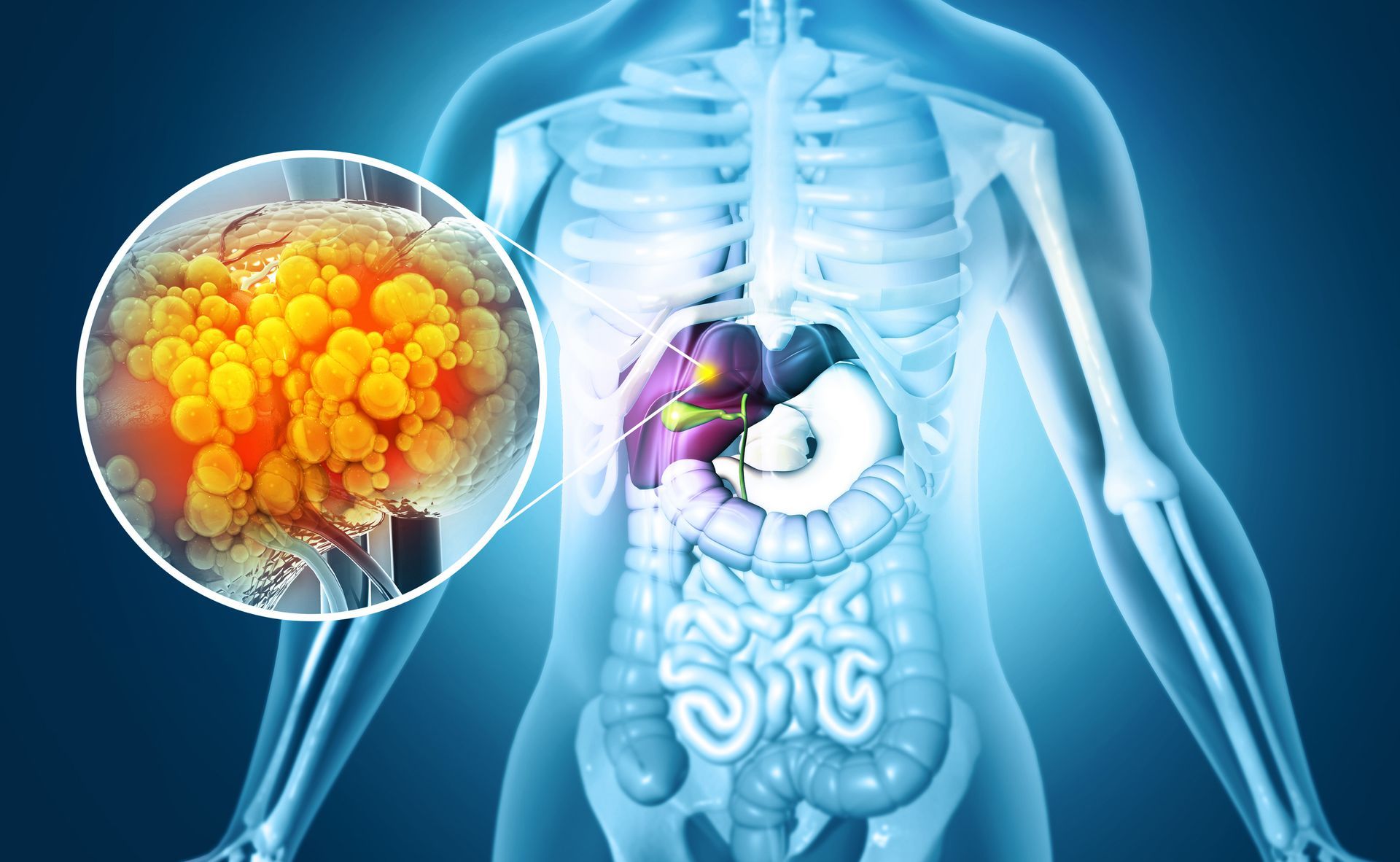Northwest Florida Digestive Specialists: Signs, Causes, and Treatments for Irritable Bowel Syndrome
When a person is first diagnosed with irritable bowel syndrome, it can seem like a scary and embarrassing disease. IBS doesn’t have to be a life setback. With a bit of knowledge about what to expect and what causes IBS, you’ll be well on your way to a treatment plan and lifestyle that lets you get the most from your day.
What is IBS?
Irritable Bowel Syndrome goes by many different names. Some know it as spastic colon, irritable colon, or irritable bowel. It is a common disorder affecting the intestines through a number of symptoms. According to the National Institute of Diabetes and Digestive and Kidney Diseases, it is estimated that about 12% of people in the United States suffer from IBS. There are three different kinds of IBS that a person can experience:
- Irritable Bowel Syndrome with Diarrhea (IBS-D)
- Irritable Bowel Syndrome with Constipation (IBS-C)
- Irritable Bowel Syndrome Mixed (IBS-M)
What Causes IBS?
The cause of IBS is currently unknown, but it is believed to be a combination of sensitive nerves in the gastrointestinal tract and a miscommunication with how the brain communicates with the nervous system and the gut. It is known that stress does not cause IBS, but it can be a trigger for IBS symptoms.
What Are the Symptoms of IBS?
The symptoms of IBS vary depending on the type of IBS a person is experiencing. Symptoms can range from:
- Upset stomach
- Stomach cramps
- Constipation
- Diarrhea
- Gas
- Bloating
- Changes in stool consistency and appearance
- Change in frequency of bowel movements
You should talk to your doctor if you experience the above symptoms with:
- Weight loss
- Bleeding
- Blood in your stool
- Fever
- Severe abdominal pain
Who Is at Risk for IBS?
Women are two times more likely to experience IBS than men. It is more common in people under the age of 50. A family history of IBS and infections of the digestive tract can also increase the risk of having IBS.
How Is IBS Treated?
Lifestyle and dietary changes can help to lessen the symptoms of IBS. Some psychological treatments, such as behavioral therapy and hypnosis, have been known to improve IBS symptoms. There are also several medications available that can help control the consistency and frequency of bowel movements.
If you have experienced the symptoms and discomfort associated with IBS, we can help. Our team of specialists is committed to helping to relieve your IBS symptoms and bringing you comfort and regularity. IBS doesn’t have to stop you from doing what you love. Call us today for an appointment and reclaim your life.
CONTACT
850-763-5409
ADDRESSES
4 LOCATIONS
204 E 19th Street, B, Panama City
12216 Panama City Beach Pkwy, D, Panama City Beach
4295 3rd Ave, Marianna
101 Good Morning St., 109B, Port St. Joe
Subscribe to our newsletter:
subscribe to our newsletter
We will get back to you as soon as possible.
Please try again later.



